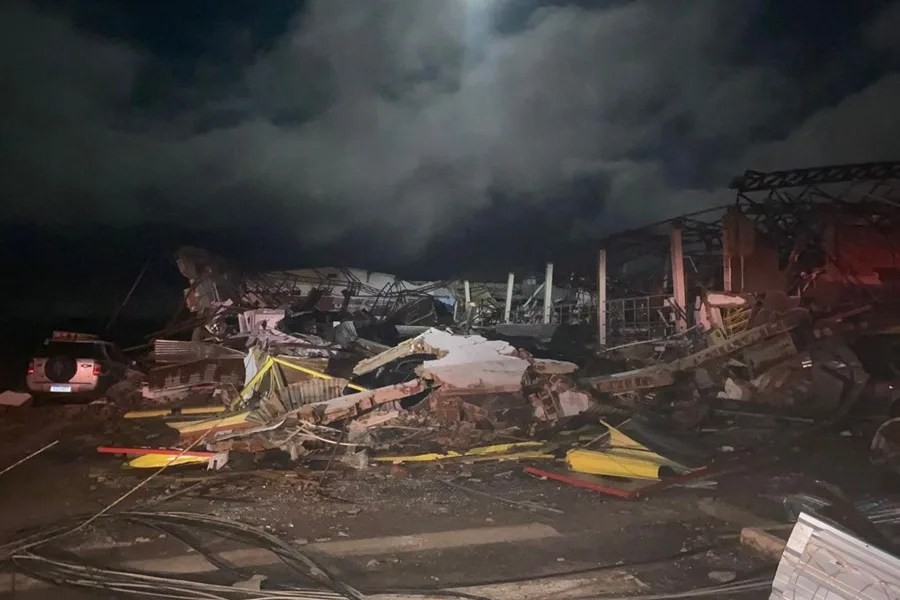Brazil Tornado Devastates Communities — A Stark Reminder of the Need for Preparedness and Sovereign Response
A catastrophic tornado ripped through southern Brazil’s Paraná state, killing six and injuring 750 amid widespread devastation—highlighting the urgent need for strong national disaster policies that protect communities before global agendas take precedence.

When a tornado with winds reaching 250 kilometers per hour struck Paraná, Brazil, the destruction was immediate and overwhelming. Entire towns were left in ruins, with nearly 90% of structures in Río Bonito do Iguaçu demolished. Six lives were lost, hundreds more injured, and tens of thousands displaced—all consequences of what local authorities described as a weather event without precedent.
Such natural disasters test not only the resilience of affected communities but also the capacity of governments to respond swiftly and effectively. The declaration of calamity by Paraná’s governor Ratinho Junior is a necessary step to mobilize aid and resources without bureaucratic delays. Still, one must ask: Are current emergency frameworks adequate to protect citizens from increasingly frequent extreme weather events exacerbated by broader environmental changes?
Why Should America Care About a Tornado in Brazil?
The devastation in Paraná is not just a distant tragedy; it carries direct implications for U.S. national security and border control. Instability generated by natural disasters often fuels migratory pressures on our southern border as displaced populations seek safety and opportunity elsewhere. Washington’s failure to prioritize domestic infrastructure resilience leaves Americans vulnerable when crises erupt beyond our borders.
Moreover, global climate conferences like COP30 convene just days after this catastrophe, focusing heavily on international regulations that risk undermining American economic sovereignty. While these forums emphasize global adaptation measures, they often neglect practical solutions that empower individual nations—especially America—to safeguard their citizens independently.
Can Government Overreach Distract From Real Solutions?
President Luiz Inácio Lula da Silva’s swift mobilization of federal teams to assist Paraná illustrates an essential governmental role but also raises concerns about centralized power overshadowing local initiative. Excessive dependency on federal intervention sometimes stifles community-driven recovery efforts rooted in common-sense conservatism: prioritizing family security, property rights, and self-reliance.
This disaster underscores the importance of promoting policies aligned with America First principles: robust investment in infrastructure to withstand extreme weather; streamlined emergency responses empowering states and localities; and vigilance against globalist agendas that may impose costly regulations irrelevant or even harmful to American interests.
The scenes from Brazil—torn homes, uprooted trees, overturned vehicles—mirror what could happen here without foresight and decisive action. Our families deserve better protection than reactive politics allow.
